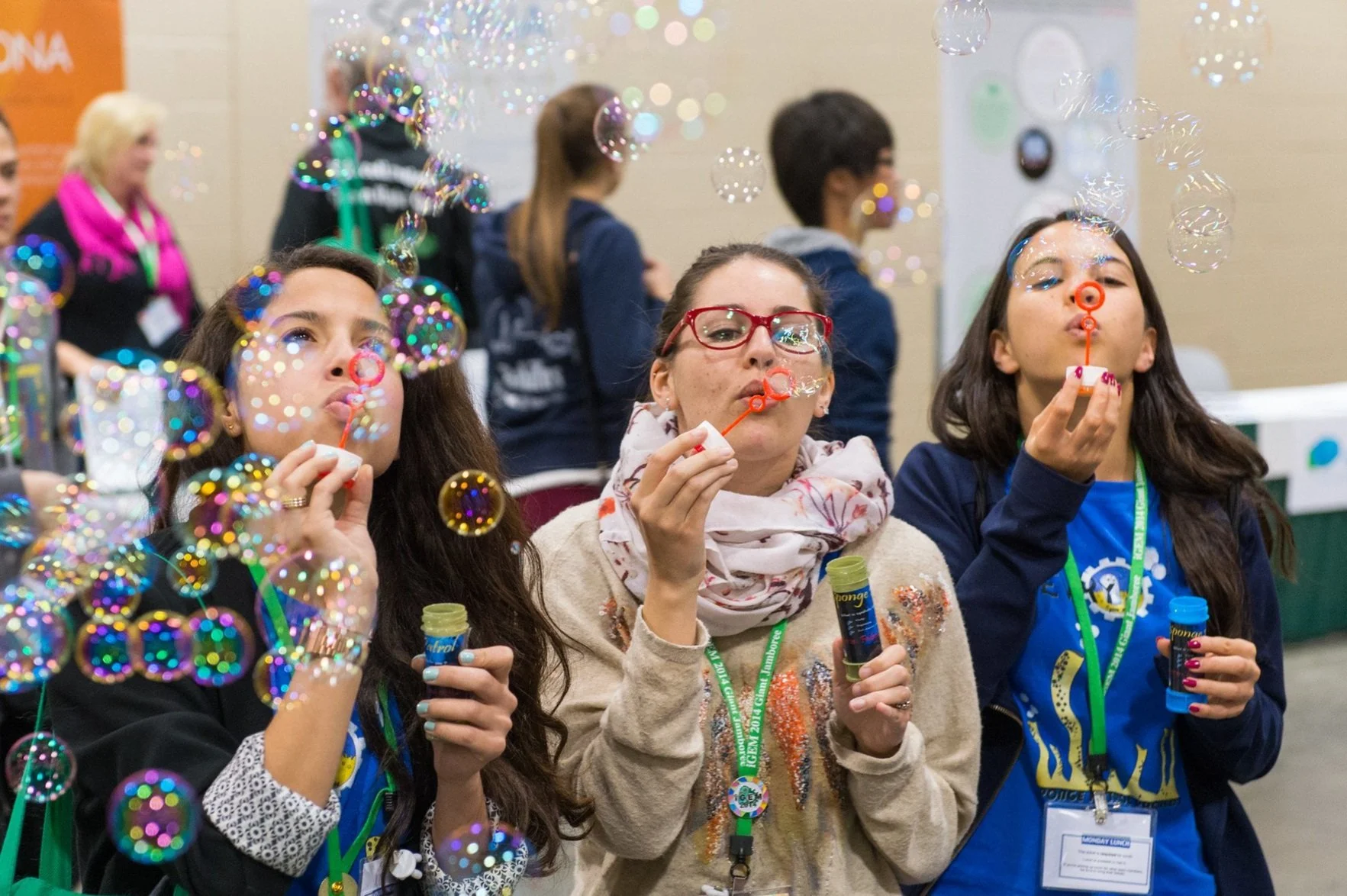All tagged Diversity and Inclusion Committee
More diverse and inclusive teams produce greater innovation and overall better science. Yet, STEM (science, technology, engineering, and math) fields still exist within demographic bubbles due to the systemic and persistent exclusion of people based on gender, or ethnicity, or socioeconomic status, or other reasons. iGEM’s new purpose is to make sure that the field of synthetic biology, and all of the power that this technology holds, gets developed everywhere by everyone.
The countdown to the final days before the iGEM 2022 wiki freeze has begun, and this year’s teams are no doubt feeling the pressure. This coming Monday (October 10) is World Mental Health Day, a day to “raise awareness of mental health issues around the world and to mobilize efforts in support of mental health.” While the wiki freeze is a memorable experience, it can also bring added stress to iGEMers already handling a heavy workload.
Last year, we introduced the Inclusivity Award to recognize excellence among iGEM teams working to create a more inclusive and representative scientific community. This special award honors teams that have made exceptional and thoughtful efforts to eliminate the barriers that prevent underrepresented groups from contributing to, participating in, or being represented by scientific research.
Good teammates make you learn and grow. We had gone from being a team to being a family. Deadlines were approaching. Summer passed. Classes began at the university, and we worked to make our course loads as compatible as we could with the final experiments we needed for our iGEM project.
In designing your iGEM project, we encourage you to consider: Who is included in your project design? Who benefits from your research? Will anyone be disadvantaged? Although you may want your iGEM project to benefit society, even your best intentions can have unintended consequences, especially for groups that are already disadvantaged.
iGEM is a unique space for a diverse range of students because iGEM actively attempts to encourage and support students from around the world to participate in its competition and community. But for the mentors or instructors in the room, what do you do actively to ensure that a diverse range of students in your program feel welcome and included?
As a young, confused, and gay teenage boy living in the Danish countryside, I had very few role models: people I could relate to and people who were like me.








